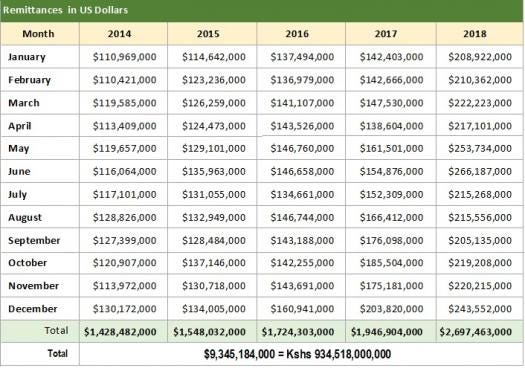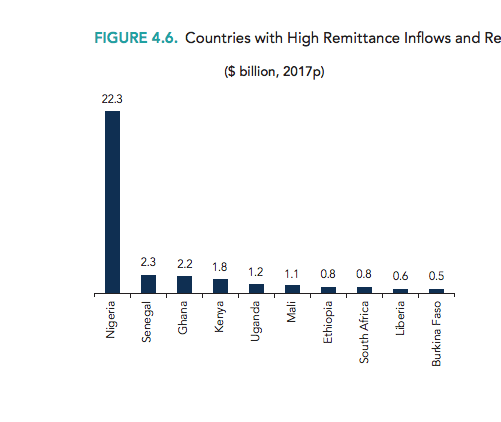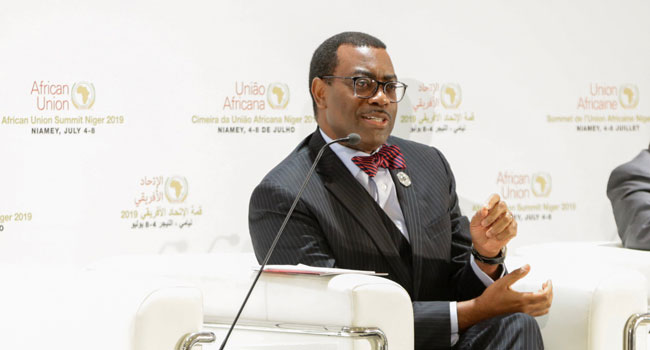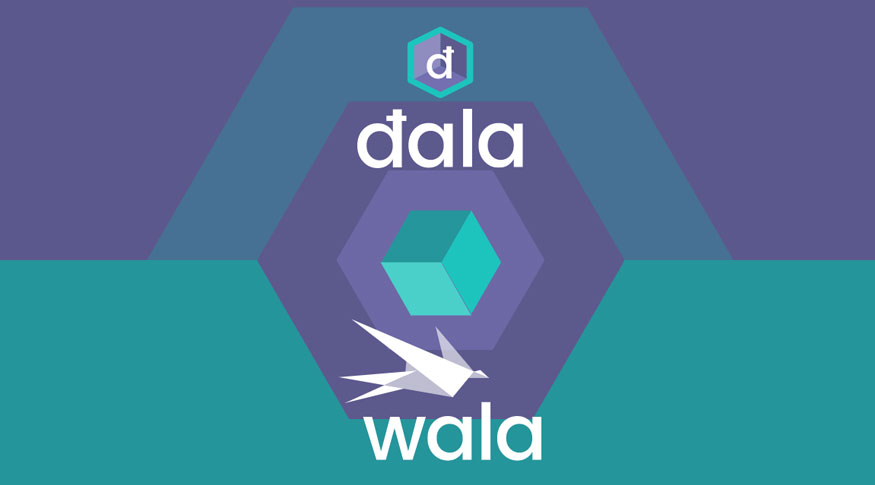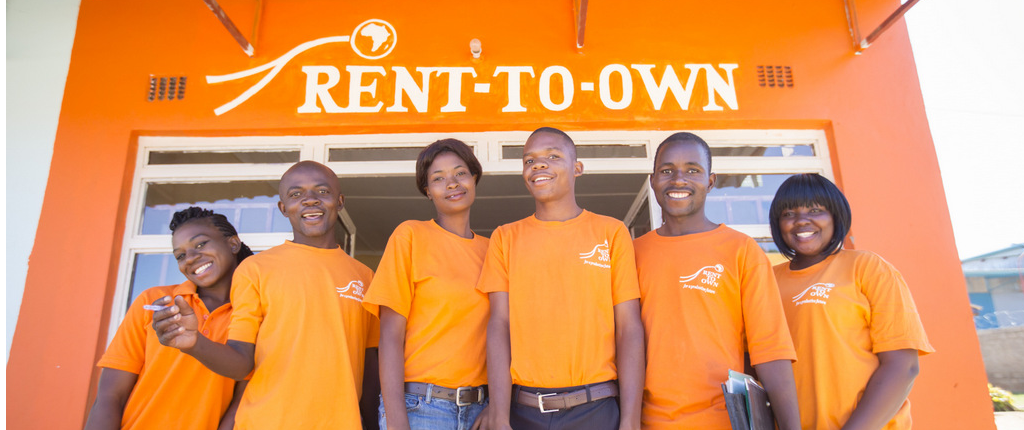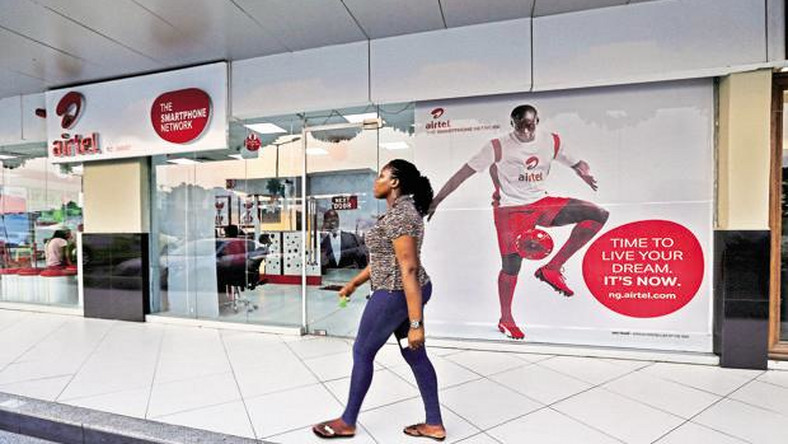Graça Machel’s Invest2Impact Is Looking For Women Entrepreneurs In East Africa To Invest In
Women entrepreneurs in East Africa now get investment as high as $3 million in their businesses as Invest2Impact has just been launched. Invest2Impact is access to funding and women-led business development initiative sponsored by the development finance institutions (DFIs) of Canada, the UK, France, and the United States, in partnership with the MasterCard Foundation.
FollowFollow @CDCgroup
More
We are so proud to have joined ours partners at the launch of the #Invest2Impact @invest2impact business competition in Nairobi today. Great to have @kattengtio there representing CDC as we invite #womenentrepreneurs in East Africa to apply http://invest2impact.africa

“There is no mountain that is too high for the African woman.” ~ H.E Graca Machel
“Success is to overcome your fears & insecurities and the courage to move forward. Celebrating the breaking of barriers and to prove it can be done.” — H.E Graça Machel, Founder & Patron @G_MachelTrust giving her key note address at the official launch of #invest2impact
The current project focus is East Africa, specifically:
- Ethiopia
- Kenya
- Rwanda
- Tanzania and;
- Uganda.
A total of 100 women participants will be chosen from all competition entrants to participate in one of the following four tracks. Each track will aim to include (subject to sufficient applicants who meet the criteria) 5 women participants from each of the participating countries. The competition will be open only to majority women-owned businesses, and detailed entry criteria will be on the competition website from the launch date.
The Four Tracks Include:
2Xcelerate
SDG-aligned growth funding above $3 million
Business competition open to women-led business in the participating countries with preference given to those that support or are aligned to the UN Sustainable Development Goals. 25 Finalists will compete for cash prizes of $85,000 recognition at a gala winners’ event and participation in the invest2impact funding readiness program to maximize your chances of funding. This track is designed for revenue-positive businesses seeking sizeable investment usually greater than $3 million to scale
2Xcapital
Tailored SME growth funding access support
25 SMEs selected from the invest2impact applicants will benefit from a funding access program, including funding readiness assessments and customized assistance with building an investment case to access funding from funders other than the invest2impact sponsors. This track is designed for smaller businesses suitable for less than $3 million in funding.

2Xcrowd
Go global with a guided crowdfunding campaign
Another 25 social enterprise and innovation-focused businesses will receive customized tailored support and mentorship to implement an Africa/global crowdfunding strategy to fuel their growth using this platform-based approach. The program will include crowd-funding strategy development platform fees and ongoing funding campaign content and communication support to achieve an agreed funding target.
2XCatalyse
Network and be seen at major industry events.
Go to the heart of Africa’s energy, health, technology, agriculture and tourism sectors, catch up on the latest trends and build your network and a client base 25 women entrepreneurs will be selected, based on their own motivation to attend a major international expo, experience or event in their industry sector with sponsored travel, attendance fees and promotional material.
See Also: How International Organisations Are Helping Startups In Africa
Key Dates
Entries open for all tracks: 11 July 2019
Entries Close: 9 September 2019
2Xcelerate finalizing announced: 10th October 2019
2Xcelerate Winner Awards: 13 November 2019
All other 2X Programme participants announced: 13 November 2019
Programme Country Contact
Ethiopia
Sewit Haile Selassie
- 251–911–1100766
- sewithst@gmail.com
Rwanda
Elisse Milongo
- 250–788- 200–410
elisse.milenge@rw.fcm.travel
Uganda
Charity Mable Namala
- 256–722–911–719
namalamac@gmail.com
Kenya
Jaine Mwal
- 254–715–519–217
jainemwwal@gmail.com
Tanzania
Irene Kiwia
- 255–787–611–213
- irene@frontline.co.tz
The application can be done on this portal Invest2Impact — Invest2Impact
Charles Rapulu Udoh

Charles Rapulu Udoh is a Lagos-based Lawyer with special focus on Business Law, Intellectual Property Rights, Entertainment and Technology Law. He is also an award-winning writer. Working for notable organizations so far has exposed him to some of industry best practices in business, finance strategies, law, dispute resolution, and data analytics both in Nigeria and across the world.




